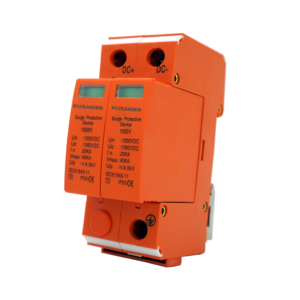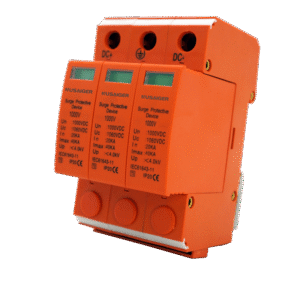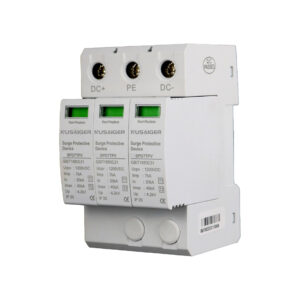Understanding Copper Terminals: Why They Are Essential for Reliable Electrical Connections
In electrical systems, copper terminals play a vital role in ensuring secure and efficient connections. These small yet critical components are widely used in residential, commercial, and industrial settings due to copper’s superior electrical conductivity and corrosion resistance.
Why Copper?
Copper is a preferred material for terminals because of its low electrical resistance, excellent malleability, and durability. These properties help reduce power loss, heat buildup, and connection failure—common risks in high-load environments.
Benefits of Using Copper Terminals
- High electrical conductivity
- Corrosion resistance
- Strong and long-lasting connections
- Easy to crimp and install
- Better thermal performance
Choosing the Right Copper Terminal
Select terminals based on wire gauge, insulation type, and current capacity. Also, ensure compatibility with crimping tools to prevent poor connections.
Conclusion
Copper terminals are a foundational element in modern electrical systems. Investing in high-quality copper terminals enhances safety, minimizes downtime, and increases overall system efficiency.



